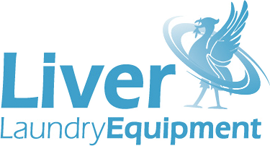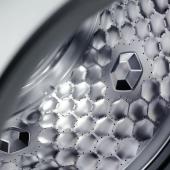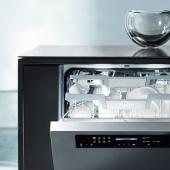
If you’ve stumbled on this page by accident because you’ve searched the word ‘grease’, then it has nothing to do with Olivia Newton John and John Travolta. However you will still find that Grease is the word, and that it does actually have groove, not to mention meaning.
Grease is the Word
Here we are talking in the context of a ‘grease trap’, which again is not an endless cycle of watching the smash hit 1970s movie. A grease trap is a kitchen device through which wastewater flows before it enters the sewerage system. It’s essentially a filter for fats, oil and grease, otherwise known as FOG, that is found in kitchen wastewater. There are also devices that can separate food from wastewater.
But what’s the point? Well anyone can have a grease trap and do their bit for the hard-pressed sewerage system, the environment and household pets. Earlier this year members of the public were urged to be careful what they wash away after a fatberg (FOG poured down drains combined with non-biodegradable items such as wet wipes, nappies and cotton buds) the weight of a small bungalow was cleared from a London sewer! It’s a problem the world over.
Fatbergs are also a particular danger to dogs who love the smell of the palm oil contained in the blobs, but if eaten they can kill.
Domestically their use is discretionary, for a business however, where grease is product of their job, having a grease trap or separator is a legal requirement. Grease regulation is a very controlled and serious area and businesses who are found to have defied regulations end up in hot water.
For example, The UK Water Industry Act 1991 section S111(1) says: “… no person shall throw or empty any matter likely to injure the sewer or drain, to interfere with the free flow of its contents.”
Clearly this catch-all statement includes FOG products and if water companies can prove where the grease came from they can claim compensation if the law is breached, which is also punishable with fines or imprisonment.
Further, in the Building Regulations, Part H (Drainage and Waste Disposal) 2002 2.21, it states: “Drainage serving kitchens in commercial hot food premises should be fitted with a grease separator.”
And there’s more. Under The Food Safety Act 1990, local authorities can act against organisations and businesses that have poor grease management. Similarly the Environmental Protection Act 1991 places a duty of care on an organisation to dispose of waste carefully, including fats, oils and grease. Again any breach means the local authority can act against offenders which can result in prosecution.
The message is clear – if you legally require a grease trap, then make sure you have one.
A grease trap works because grease has a lower density than water and as we know won’t mix and rises to the surface. A grease trap has a system of baffles that reduces the water flow speed, allowing FOG to be captured and the water to escape.
Obviously grease traps need to be cleaned regularly, because you don’t want clogging in your own system which needs to be working optimally at all times. If you’re still unsure then contact us for more information.


















